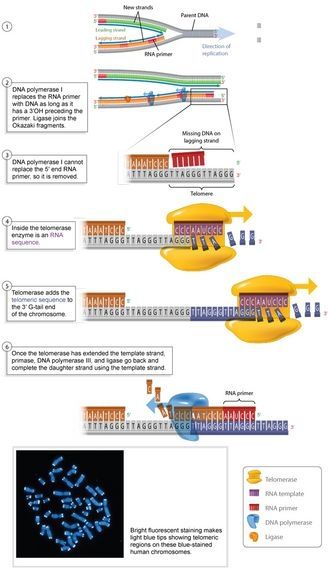James Hughes : “Great convo with Yuval Harari, touching on algorithmic governance, the perils of being a big thinker when democracy is under attack, the need for transnational governance, the threats of automation to the developing world, the practical details of UBI, and a lot more.”
In this episode of the Waking Up podcast, Sam Harris speaks with Yuval Noah Harari about his new book 21 Lessons for the 21st Century. They discuss the importance of meditation for his intellectual life, the primacy of stories, the need to revise our fundamental assumptions about human civilization, the threats to liberal democracy, a world without work, universal basic income, the virtues of nationalism, the implications of AI and automation, and other topics.
Yuval Noah Harari has a PhD in History from the University of Oxford and lectures at the Hebrew University of Jerusalem, specializing in world history. His books have been translated into 50+ languages, with 12+ million copies sold worldwide. Sapiens: A Brief History of Humankind looked deep into our past, Homo Deus: A Brief History of Tomorrow considered far-future scenarios, and 21 Lessons for the 21st Century focuses on the biggest questions of the present moment.
Twitter: @harari_yuval
Want to support the Waking Up podcast?








